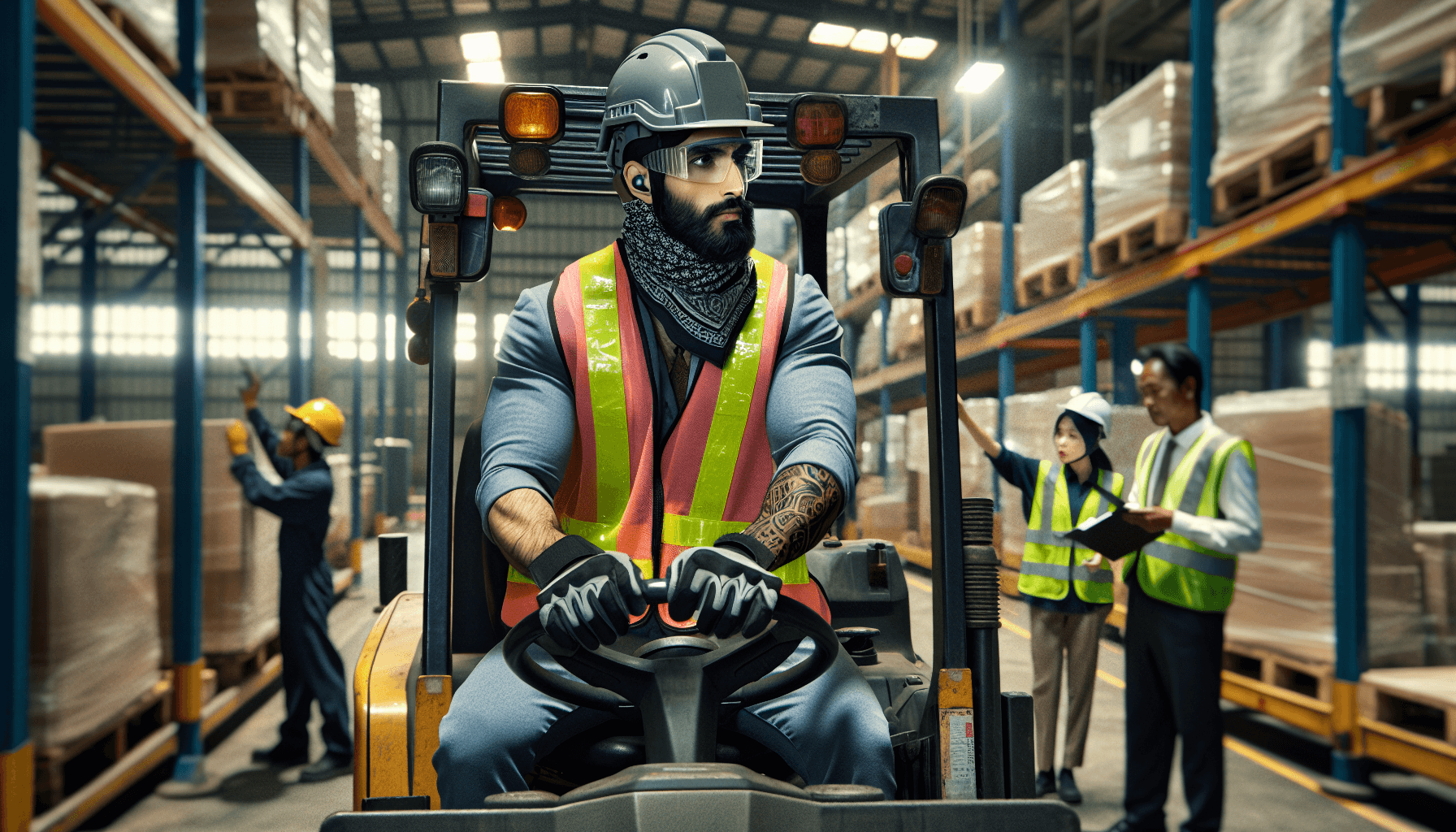Forklifts are vital equipment used in warehouses and industries to safely move and transport heavy loads. While they greatly enhance productivity and efficiency, operating a forklift can be dangerous if proper safety measures are not followed. One crucial aspect of forklift safety is the use of Personal Protective Equipment (PPE).
The Importance of Personal Protective Equipment (PPE)
Personal Protective Equipment (PPE) refers to the gear and apparel worn by forklift operators to protect them from potential hazards and injuries. PPE serves as a barrier between the operator and various workplace hazards, providing protection against accidents and minimizing the risk of serious injuries.
Here are some key reasons why PPE is essential in ensuring forklift safety:
- Head Protection: Forklift operators are required to wear hard hats to safeguard against overhead falling objects or potential head injuries in case of accidental collisions.
- Eye Protection: Safety glasses or goggles are crucial to protect the eyes from dust, debris, or any potential flying objects that may cause injury. Additionally, some forklifts emit harmful rays, such as lasers, making eye protection a vital requirement.
- Hearing Protection: Operating forklifts can generate loud noises that can damage the operator’s hearing. Hence, wearing earmuffs or earplugs is necessary to protect their hearing health.
- Hand and Foot Protection: Forklift operators should wear appropriate gloves to shield their hands from cuts, abrasions, or chemical exposure. Additionally, they should wear steel-toed boots to protect their feet from potential injuries caused by falling objects or accidental collisions.
- Hi-Vis Clothing: Forklift operators must wear high-visibility clothing, such as reflective vests, to ensure they are easily visible to other workers on the warehouse floor, thereby reducing the risk of accidents.
Wearing the correct PPE is not only crucial for the safety of forklift operators but also a legal requirement in many jurisdictions. Employers are responsible for providing their employees with proper PPE and ensuring compliance with occupational health and safety regulations.
It is important to note that PPE is just one component of forklift safety. Comprehensive safety measures should also include proper training, regular equipment maintenance, and adherence to safety protocols.
Conclusion
Forklift safety is of utmost importance in warehouse operations. Personal Protective Equipment (PPE) plays a vital role in ensuring the safety of forklift operators, protecting them from potential hazards and injuries. By wearing the right PPE, such as hard hats, safety glasses, earmuffs, gloves, steel-toed boots, and hi-vis clothing, operators significantly reduce the risk of accidents and create a safer work environment.
To ensure forklift safety in your warehouse, consider implementing a comprehensive warehouse safety evaluation. HCO Innovations offers professional warehouse safety evaluations, helping businesses identify potential hazards, develop safety protocols, and enhance overall warehouse efficiency. Schedule your warehouse safety evaluation today by visiting HCO Innovations.

